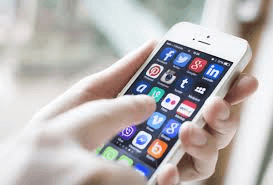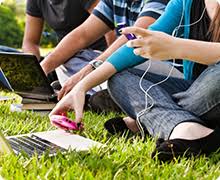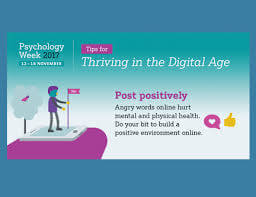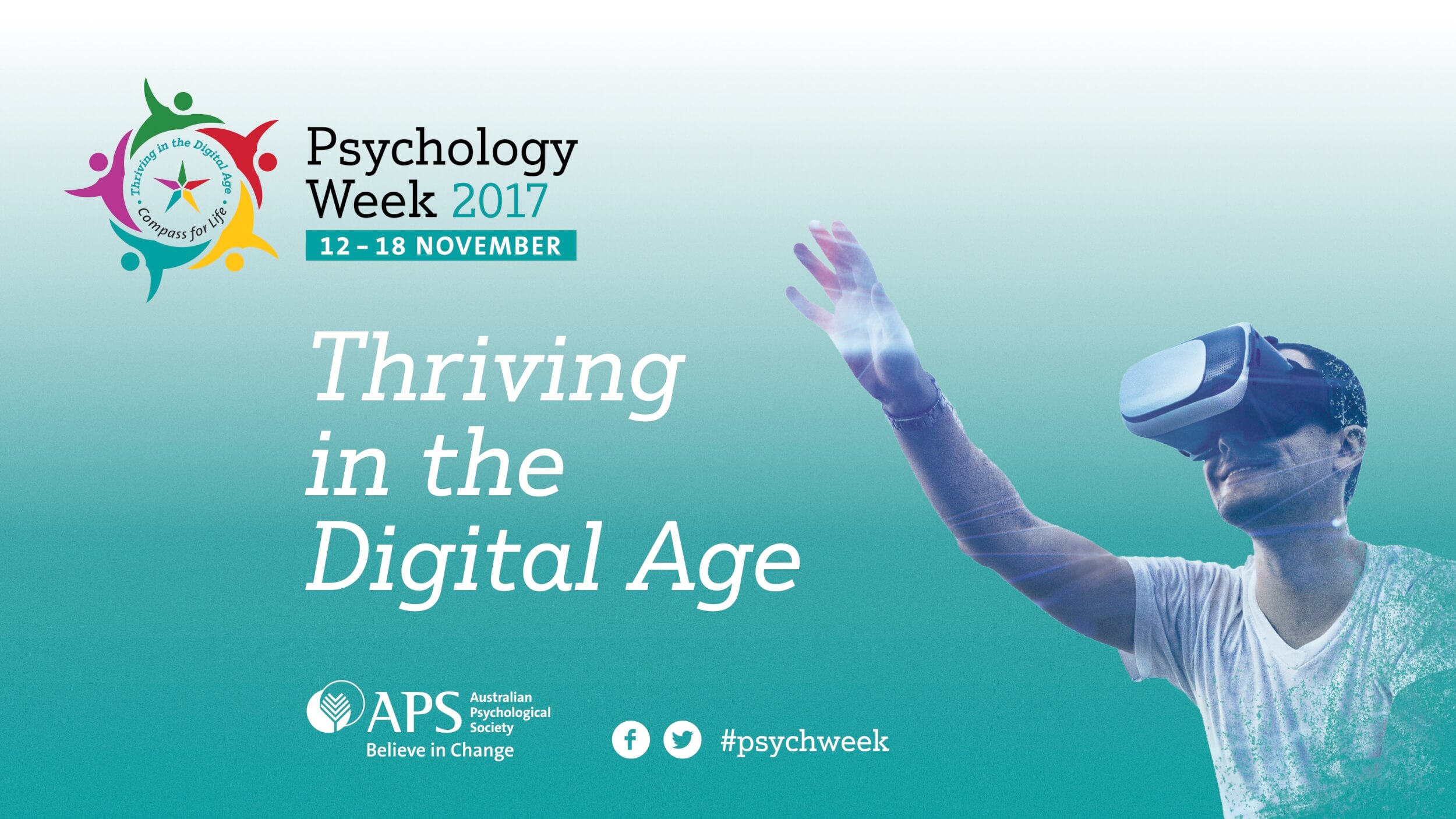Thriving in the Digital Age: 10 Tips for Teens
Posted on January 4th, 2018
Thriving in the Digital Age:
10 Tips for Teens 
Technology is positive for many people, but can be bad for your mental health, stress you our or make you feel disconnected from others. Psychologists, who are experts in the mind and emotions, recommend these tips to help you live a health life online.
1.Build Relationships
Psychological research shows real-life social contact gives you the skills you need to use technology in ways that are good for you.
So it’s important to cultivate relationships offline as well as online.
2. Maintain Perspective
Seeing the perfect lives of celebrities or friends can make you feel low. But remember these are just edited highlights, designed to show a certain image to the world.
Keep it real on social media an you will be less stressed and feel better connected.
3. Choose Support Wisely
People with mental health issues often turn to online groups that reflect their thoughts and moods. Sometimes they withdraw from friends who are having a better time in life.
Look for moderated forums like those on the ReachOut website.
4. Check Less
“Constant Checkers” are people who are always on social media or get notifications pushed to their phone constantly. Psychological research shows they are more stressed and get less done.
Turn off constant notifications and limit when you check to certain times of day.
5. Connect with Your Family
The internet can make friendships stronger, but can create a wedge within families. Losing connection with other generations can be bad for your wellbeing.
Put down the iPad and spend time connecting, in person. Really engage with the people around you in the here and now.
6. Switch Off to Sleep
Screen time in linked with poor sleep. And poor sleep has been linked to problems with physical health, mental health, work and study.
Turn off all phones, devices, computers and television an hour or more before going to bed. Remember face-to-face contact with friends and family has actually been shown to help you sleep better.
7. Choose Friends, Not Bullies
Being trolled or bullied online can be deeply upsetting and hard to ignore. Cyberbullying and other harassment have been shown to harm people’s mental health and wellbeing.
Consider reporting, blocking, unfollowing or unfriending any person who repeatedly posts material that offends you.
8. Be a Good Citizen
 Being on the receiving end of negativity online (or even when dishing it out) is bad for you. Studies show that these interactions can leave you with social and emotional issues.
Being on the receiving end of negativity online (or even when dishing it out) is bad for you. Studies show that these interactions can leave you with social and emotional issues.
Help create a positive environment online. If you witness bullying online, consider responding. Research suggests that ‘bystanders’ who witness bad behaviour can discourage online bullies and help the victims.
9. Think Big Picture
Images can spread like wildfire online.
Before sending and image or video to anyone, think about what it would be like if your teacher, mother or future employer saw this image. If you feel uncomfortable taking and sharing an image of yourself, don’t. It is your right to say no.
Protect yourself.
10. Break Out of Your ‘Technococoon’.
Spending too much time locked away in your bedroom can lead to poorer health and fitness and can be a sign you are avoiding real-life problems.
Find a supportive friend, family member or school advisor and start talking about what is troubling you. You can then start to solve the problems causing you stress and engage fully with life.
When to Seek Professional Help
Social media and technology enrich the lives of millions of Australians, but if you find yrou use is affecting your life, wellbeing or relationships, you may benefit from psychological help.
A psychologist can help you identify patterns of behaviour and the underlying reasons for them. They can help you solve problems and establish more constructive habits that will help you thrive.

This article was supplied by the Australian Psychological Society.
Learn more about the psychology behind these tips at www.compassforlife.org.au


